PAT Testing (Portable Appliance Testing)
In electrical safety testing, portable appliance testing (PAT, PAT inspection or redundantly as PAT testing) is a process in the United Kingdom, the Republic of Ireland, New Zealand and Australia by which electrical appliances are routinely checked for safety.
Liverpool PAT Electricians
The formal term for the process is "in-service inspection & testing of electrical equipment". Testing involves a visual inspection of the equipment and any flexible cables for good condition, and also where required, verification of earthing (grounding) continuity, and a test of the soundness of insulation between the current carrying parts, and any exposed metal that may be touched. The formal limits for pass/fail of these electrical tests vary somewhat depending on the category of equipment being tested.
Contact usPurpose of PAT Testing
Health and safety regulations require that electrical appliances are safe and maintained to prevent harm to workers. Many equipment manufacturers recommend testing at regular intervals to ensure continual safety; the interval between tests depending on both the type of appliance and the environment in which it is to be used. The European Low Voltage Directive governs the manufacture or importation of electrical appliances. Compliance to this has to be declared and indicated by the display of the CE mark on the product. The responsibility for this lies with the manufacturer or the importer and is policed by Trading Standards.
Testing equipment has been specifically developed for PAT inspections, based on the testing equipment used by manufacturers to ensure compliance with the British Standard Code of Practice and European product standards relevant to that type of appliance. This in turn allows testing and the interpretation of results to be de-skilled to a large extent. The inspection of the appliances can largely be carried out in-house in many organisations. This can result in cost savings and more flexibility as to exactly when a PAT is carried out.
UK legal obligations
Appliances
British law (the Electricity at Work Regulations 1989) requires that all electrical systems (including electrical appliances) are maintained (so far as is reasonably practicable) to prevent danger. Private houses are not covered by this legislation, although occupiers' liability requires householders not to deliberately expose occupants or visitors to unreasonable risks. The HSE and the local authority are responsible for the policing of this legislation.
Fixed wiring in buildings
Guidance from the Institution of Engineering and Technology (IET, published under the IEE brand) and the Health and Safety Executive (HSE) recommends that a competent person must inspect the installation regularly in any public building or a place that people work. They suggest initial intervals for combined inspection and testing that range from three months (for construction equipment) to one year, and in many cases, longer periods for re-testing (certain types of appliance in schools, hotels, offices and shops).
Although the Electricity at Work Regulations 1989 is an obligation on UK businesses, there is no obligation to undertake PAT inspection. In reality neither act nor their corresponding regulations and associated statutory instruments detail PAT inspection as an obligation, but rather impose a requirement of maintenance of safety and evidence of routine maintenance for all hand-held, portable and plug-in equipment.
Today a great many private companies and other organizations do meet their legal obligations to protect their workers by an enforced PAT regime, but it is not the only route.
Recent HSE publications have relaxed their tone somewhat to acknowledge this, and now point out that in many situations annual PAT is disproportionate to the risks and is often not required. In 2011, the HSE reviewed its approach to portable appliance maintenance in its own offices.
Thinking about the type of equipment in use, and how it was used, the HSE looked back at the results from its annual testing of portable appliances across its estate over the last five years.
Using the results of the previous tests, the HSE decided that further portable appliance tests are not needed within the foreseeable future or at all for certain types of portable equipment. Also, they decided to continue to monitor any faults reported as a result of user checks and visual inspections and review its maintenance system if evidence suggests that it needs revising. Electrical equipment will continue to be maintained by a series of user checks and visual inspections by staff that have had some training.
Annual portable appliance testing is not always necessary in low risk environments. You do not need to be qualified as an electrician to carry out visual inspections. Regular user checks and visual inspections can be a good method of maintaining portable electric equipment. For landlords maintaining legal requirements it is not compulsory for them to have all appliances tested, but they do need to show a "duty of care" and most letting agents recommend that a test certificate is obtained. Source: https://en.wikipedia.org/wiki/Portable_appliance_testing
Frequently Asked Questions
Local Electrical Services Liverpool
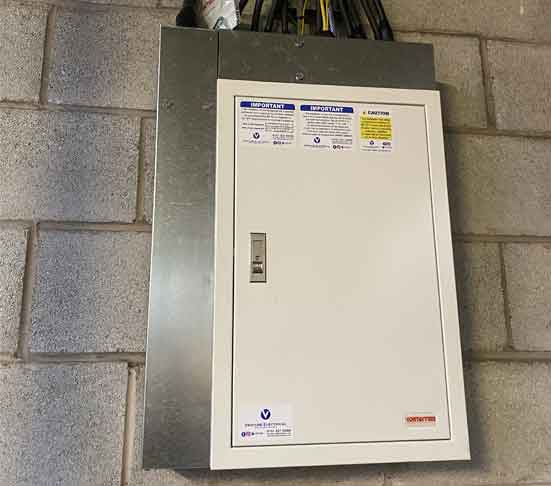
Distribution Board (Fuse Box)
Looking for a reliable electrical service in Liverpool? Look no further than Venture Electrical Ltd! Our team of expert electricians specialize in installing, repairing, and upgrading distribution boards and fuse boxes. We pride ourselves on providing top-quality service at affordable prices. Contact us today for all your electrical needs!
Fuse Box/Consumer Unit Information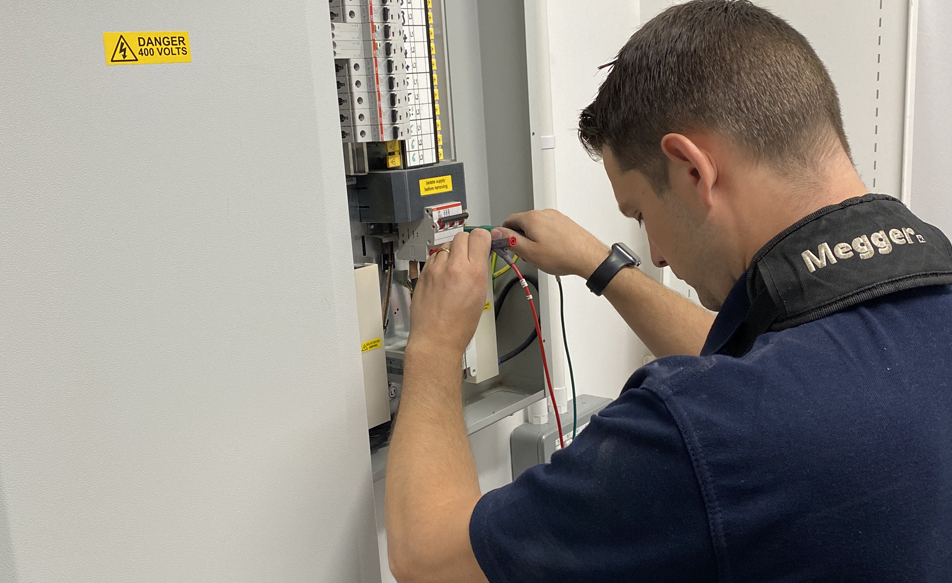
What Is An Electrical Contractor
Welcome to our Liverpool Electrical Contractor Service, your one-stop-shop for all your electrical needs. Our team of certified electricians provide top-quality electrical services for residential, commercial, and industrial properties. From installations to repairs, we offer a range of services to keep your property powered up and running smoothly. Contact us today for a free consultation and estimate!
What does an Electrical contractor do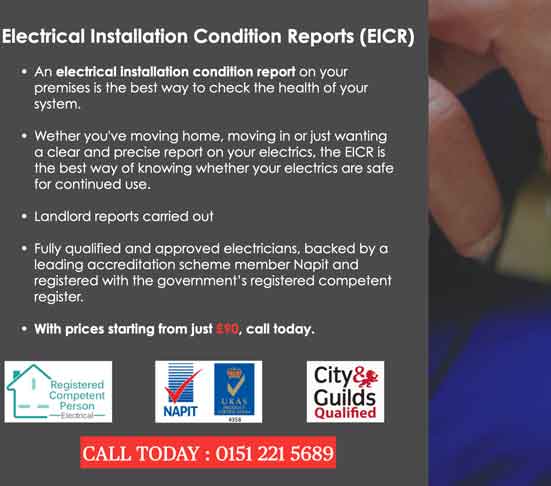
EICR Certificate – Venture Electricians Liverpool
Ensure the safety of your property with our Liverpool Electrical EICR Certificates. Our team of certified electricians conduct thorough inspections of your electrical systems and issue Electrical Installation Condition Reports (EICR) to verify that they are safe and up-to-date with regulations. We provide reliable, efficient, and cost-effective services to keep your property in compliance with industry standards. Contact us today to schedule your inspection!
Electrical Wiring Regulations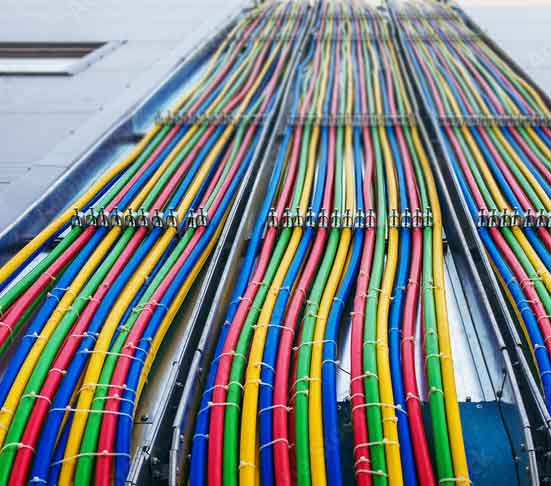
Electrical Wiring
Need electrical wiring services for your home or business? Look no further than our local Domestic and Commercial Electrical Wiring Services. Our team of experienced electricians provide a range of electrical services, from installations to repairs, for both residential and commercial properties. We pride ourselves on delivering top-quality services that meet the highest safety and quality standards. Contact us today to schedule a consultation!
Electrical Wiring Information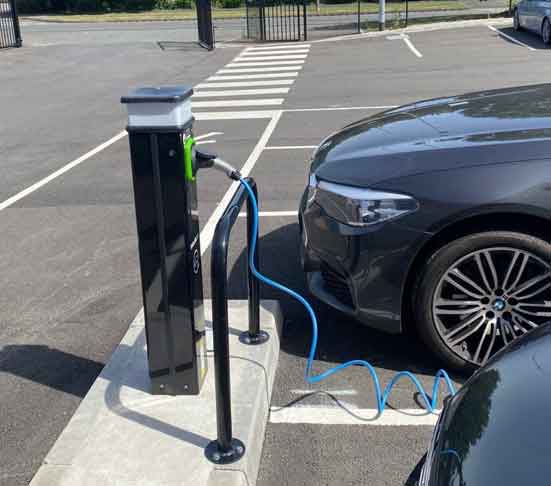
Electric Vehicle Charging Station – Venture Electricians Liverpool
Welcome to our Electric Vehicle Charging Station Services, your go-to destination for all your EV charging needs. Our team of certified electricians specialize in installing and maintaining EV charging stations for both residential and commercial properties. We offer reliable, efficient, and cost-effective services to keep your EV powered up and ready to go. Contact us today to learn more about our services and schedule your installation!
EV Charging Station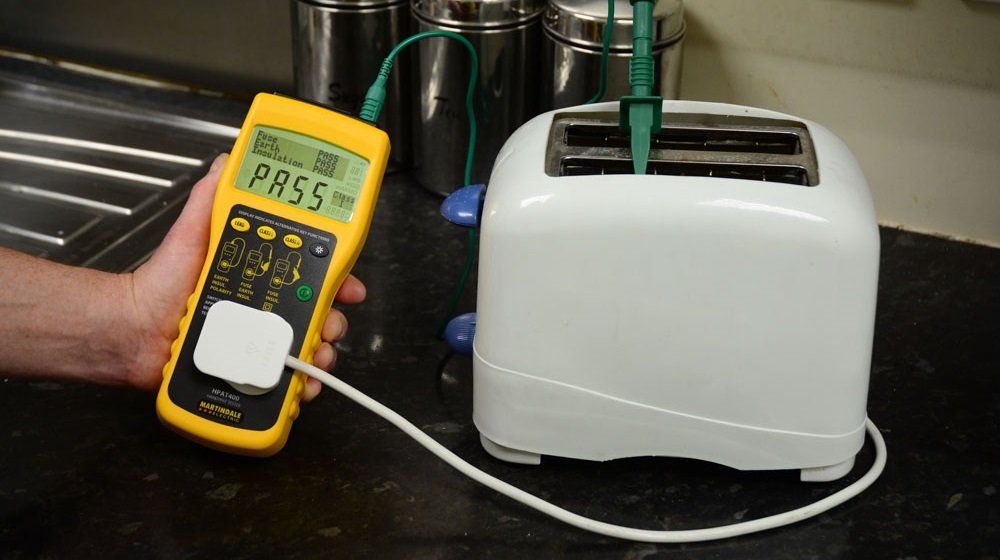
Portable Appliance Testing
Ensure the safety of your electrical appliances with our Electrical Portable Appliance Testing (PAT) service. Our team of certified electricians provide reliable and efficient testing to ensure that your appliances are safe and up-to-date with industry standards. We offer a range of services to both residential and commercial properties, including inspections, testing, and repairs. Contact us today to schedule your PAT service and keep your property safe!
PAT Testing – Venture Electricians Liverpool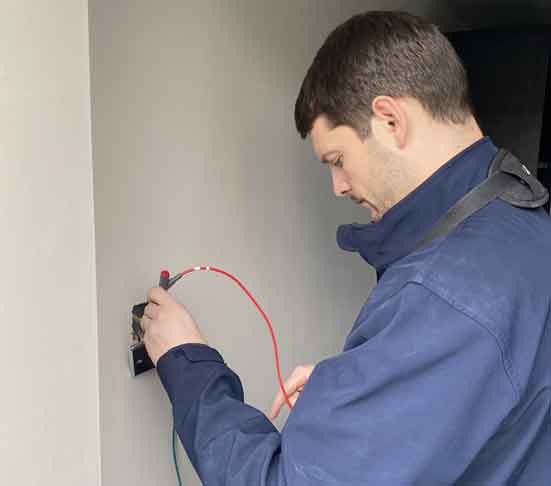
Approved Electrical Fault Finding
Welcome to our Approved Electrical Fault Finding service, where we pride ourselves on being the go-to source for diagnosing and repairing electrical faults. Our team of certified electricians use the latest equipment and techniques to quickly and accurately identify and fix electrical issues. We offer reliable and efficient services to both residential and commercial properties. Contact us today to schedule your fault finding service and get your property back up and running!
Finding Electrical Faults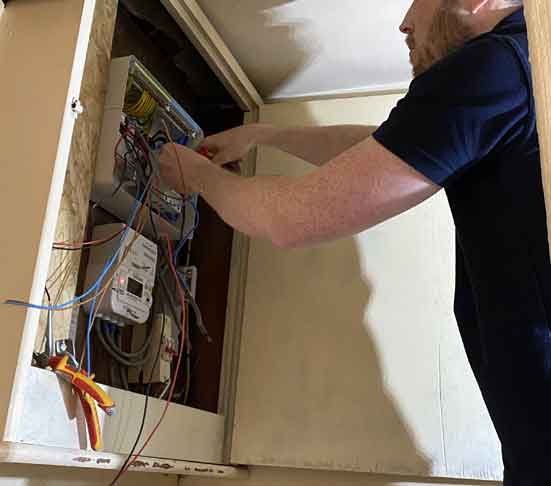
When Does A House Need Rewiring?
At Venture Electrical Ltd we provide approved electrical rewiring services for homes and businesses. Our team of certified electricians specialize in rewiring properties to ensure the safety and functionality of electrical systems. We offer reliable and efficient services at competitive prices, using only the highest quality materials and techniques. Contact us today to schedule a consultation and keep your property safe and up-to-date with industry standards.
House Rewiring – Renewing Electrical Wiring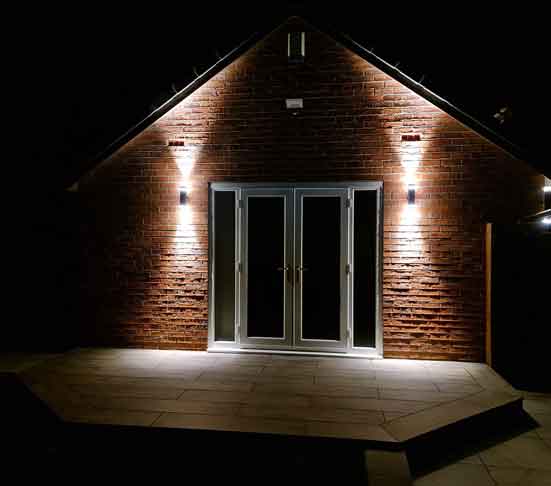
Light Fittings and Fixtures
Welcome to Venture Electrical Ltd's Light Fittings and Fixtures Installation And Repair Service. Our team of certified electricians provide reliable and efficient services for installing and repairing all types of light fixtures and fittings for homes and businesses. We use only the highest quality materials and techniques to ensure that your property is well-lit and functional. Contact us today to schedule your installation or repair service and brighten up your space!
Install Light fixtures and Light Fittings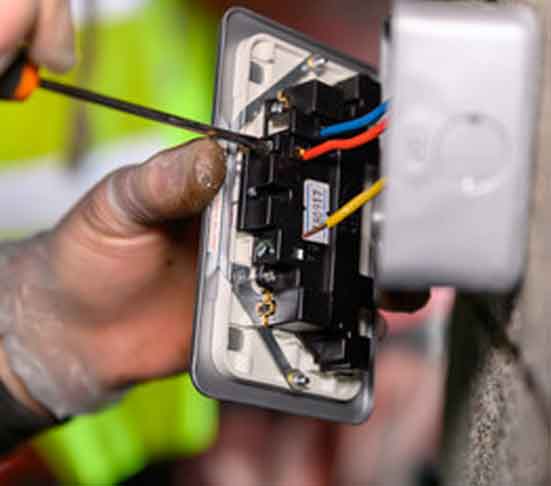
Installing And Replacing Outlet Sockets and Switches
Looking to install or replace outlet sockets and switches in your home or business? Our team of certified electricians provide reliable and efficient services for Installing And Replacing Outlet Sockets and Switches. We offer a range of services to keep your electrical systems up-to-date and functioning properly. Contact us today to schedule your installation or replacement service and keep your property powered up!
Plug Sockets and Light Switches